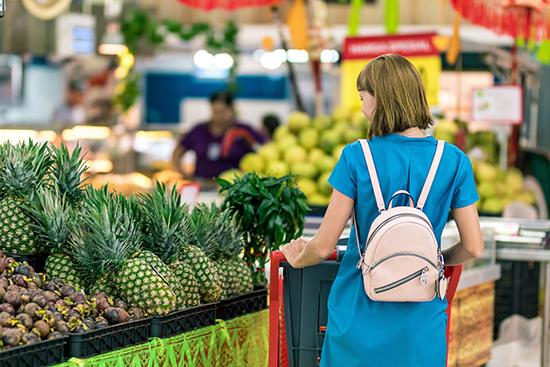Major Food Retailers in Slovakia Strengthen Market Positions
Slovakia’s food retail market continues to be shaped by three international chains – Lidl, Kaufland, and Tesco – which together employ tens of thousands of people and account for a large share of household spending. Each has a distinct business model, but all three now play an important role not only as retailers but also as employers, taxpayers, and partners to local suppliers.
A recent independent analysis commissioned by Lidl suggested that the discounter generates more than €2 billion in combined economic value for the Slovak economy each year. This figure includes its direct activities, payments to the state budget, wages for employees, and contracts with suppliers. Lidl operates 175 stores, three distribution centres, and employs more than 6,500 people across 77 districts, making it one of the country’s largest private sector employers. The company has also invested steadily in social and community initiatives alongside its core business.
Kaufland, which is part of the same German parent group as Lidl, follows a different model with larger-format hypermarkets. It has about 70 stores in Slovakia and a workforce of roughly 6,000. In 2023, it reported turnover above €1.5 billion, making it the second-largest chain by revenue. Kaufland positions itself as a supporter of Slovak producers, often highlighting its share of domestic goods on shelves. Its financial results for 2024 showed both revenue growth and rising profitability, confirming strong consumer demand in spite of inflationary pressures.
Tesco, the British retailer, has been present in Slovakia since the 1990s and operates more than 150 outlets ranging from hypermarkets to smaller supermarkets. While its revenue base remains solid, profit margins have been under pressure, reflecting higher operating costs. Tesco has also been repositioning its store formats in recent years, with an emphasis on convenience stores in urban areas. Despite these adjustments, the company remains a significant employer and one of the largest food retailers in the country.
The three groups collectively dominate Slovakia’s organised food retail sector, but they are also important beyond their direct commercial activity. Through supply contracts, they provide distribution opportunities for Slovak producers, particularly in the agri-food sector. Lidl’s position within an international network has helped local suppliers expand abroad, while Kaufland stresses its role in promoting Slovak brands domestically. Tesco, meanwhile, leverages its multinational scale to bring new product ranges into the local market while maintaining links with domestic producers.
Taken together, Lidl, Kaufland, and Tesco illustrate the extent to which international food retailers have embedded themselves into Slovakia’s economy over the past two decades. While their competitive strategies differ, all three have become fixtures of everyday life for consumers and major contributors to employment, taxation, and supplier networks. With consumer habits shifting and inflation shaping purchasing power, the ability of these chains to balance cost efficiency with support for local supply chains will remain central to their role in the Slovak economy.









